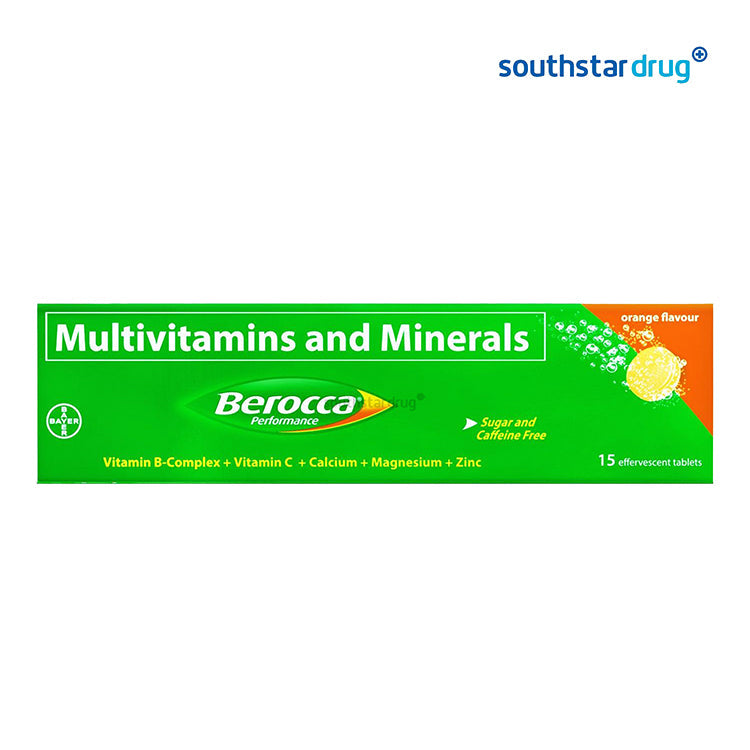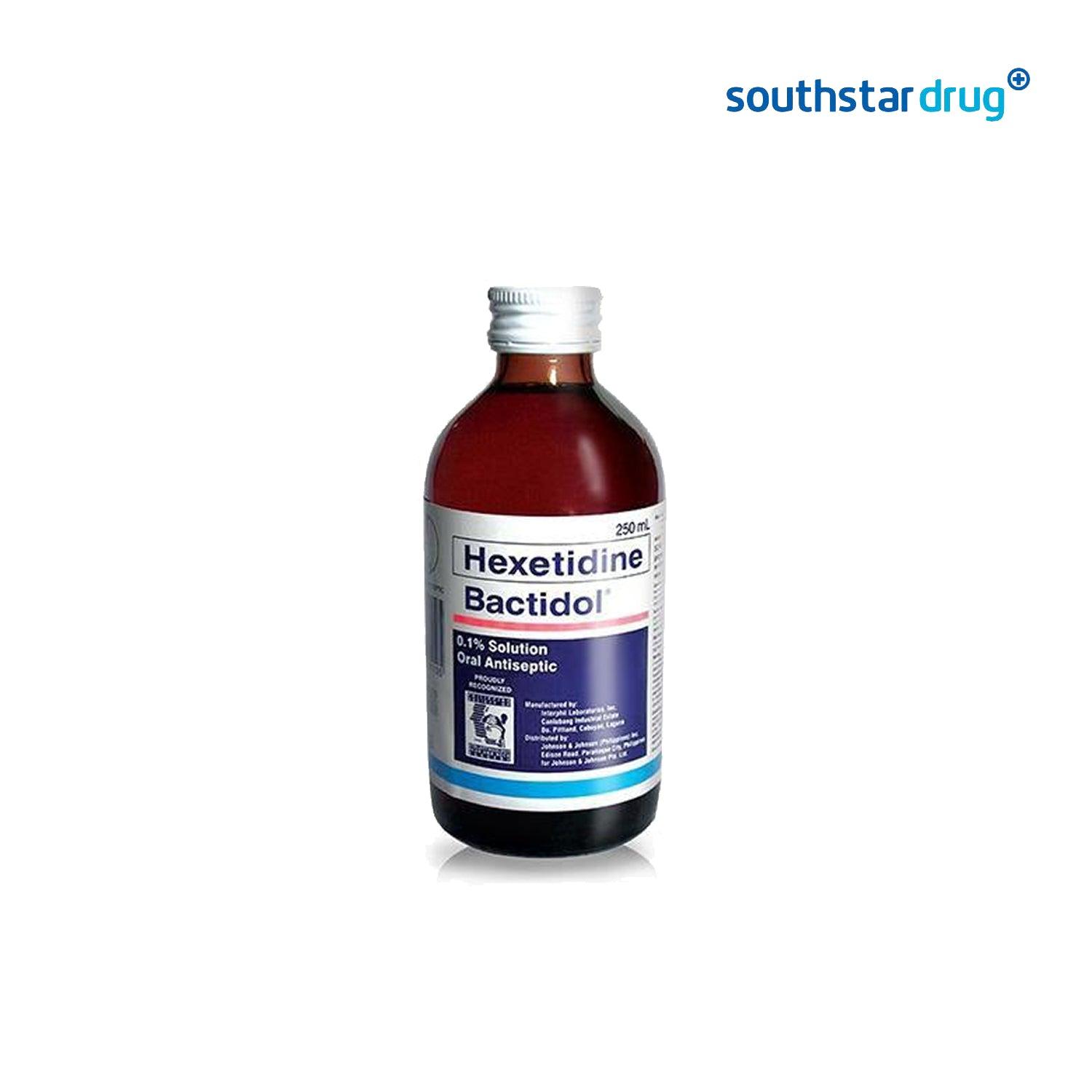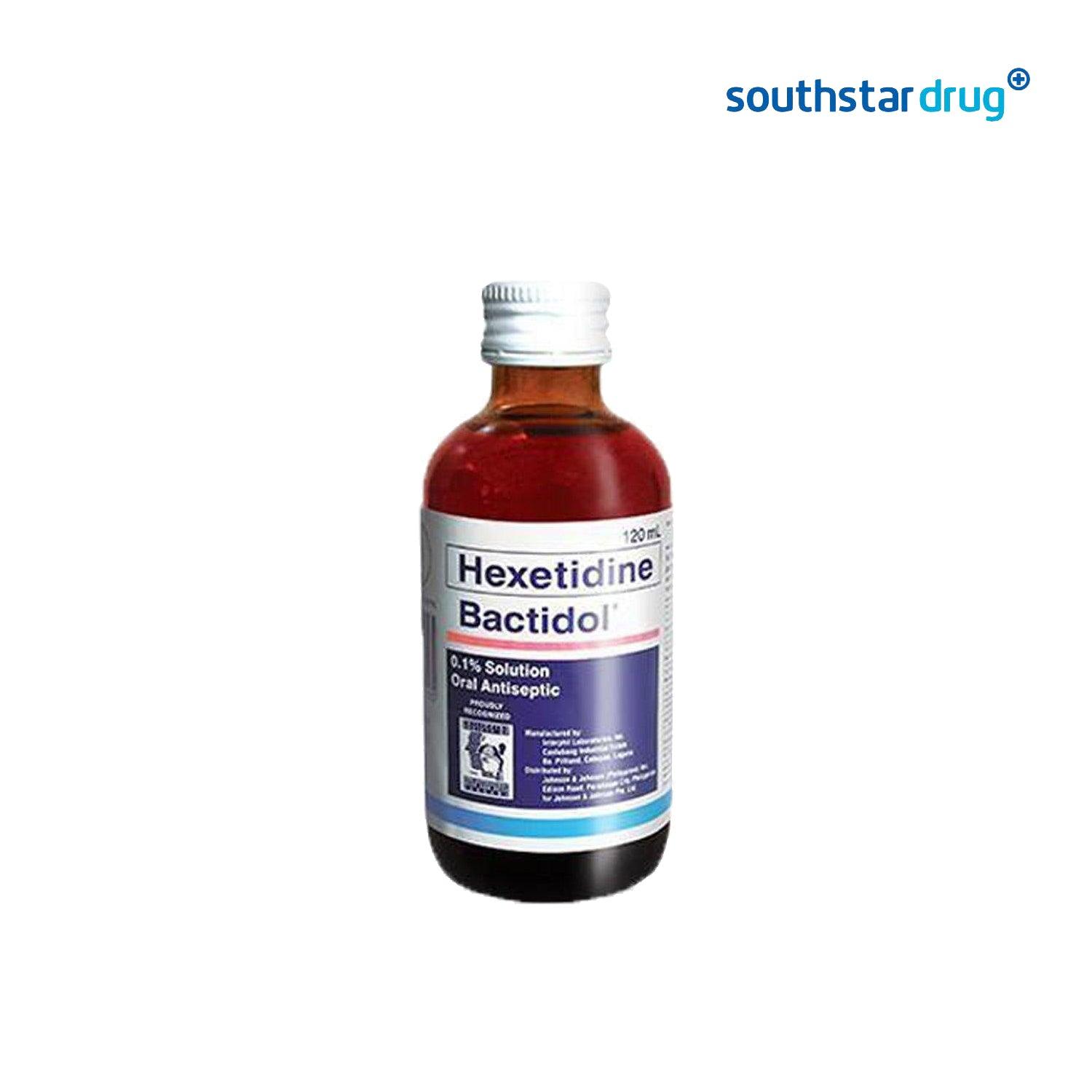
A first aid kit is a must for every home, so that you’re always prepared to handle accidents and minor injuries like cuts, bruises, or sprains. It also ensures that you can provide immediate treatment for minor illnesses like a cold, cough, or allergy.
While you can purchase a kit pre-filled with medical supplies, building your own lets you select specific items that suit your and your family’s needs. As you put together a home first aid kit, make sure to include the essential items listed below:
Over-the-Counter Medicines
Whether you have a headache, muscle strain, or stomach pain, there are over-the-counter medications you can rely on to manage your symptoms. These medicines can be easily purchased and don’t require a prescription. You can either get them from your local pharmacy or buy medicines online for your convenience. You also have the option to buy either branded or generic medicines.
Whatever you choose, remember to stock your first aid kit with these medications:
- Ibuprofen – It is used to treat pain in the form of headaches, menstrual cramps, dental pains, muscle aches, and the like. It can also reduce fever and relieve minor symptoms associated with the common cold or flu. As a nonsteroidal anti-inflammatory drug, ibuprofen blocks the body’s production of substances that cause inflammation.
- Paracetamol – This is also used to treat various pains and reduce fever. Compared to ibuprofen, paracetamol doesn’t help in decreasing inflammation.
- Loperamide – It is taken to treat sudden diarrhea. It works by slowing the movement of the gut, which decreases the frequency of bowel movements and makes the stool less watery.
- Antacids – They help relieve symptoms of heartburn, indigestion, or an upset stomach by neutralizing the acidity in the stomach.
- Laxatives – These are used to help treat constipation. They work by loosening stools and increasing bowel movement.
- Antihistamines – These are medications that help relieve symptoms of allergies like watery eyes, itchy eyes, sneezing, and runny nose. They are also used to treat symptoms of allergic rhinitis, sinusitis, and the common cold.
- Cold medications – These can be any medicines to help you relieve the symptoms of the common cold. Typically, you get nasal decongestants to help unclog stuffy nose or cough suppressants to control coughing. Also, include expectorants in your kit to loosen mucus in your lungs and make it watery enough so you can easily cough it up.
- Throat lozenges – They help ease symptoms of sore throat.
Prescription Medication
If you or anyone in your household is taking prescription medications, make sure to keep at least a week’s worth of them in your home first aid kit. Keeping a small stock of your maintenance medications can be very useful in case you run out and can’t leave the house, especially during typhoons or similar emergencies.
Wound Care Supplies
Some of the most common injuries you might experience in your home are cuts, scrapes, and burns. To ensure you’re ready to treat these minor injuries, stock your first aid kit with gauze pads, dressing pads, bandage rolls, micropore tape, and adhesive bandages. Make sure they are of varying sizes to cover different-sized wounds.
Also, remember to put wound cleaning supplies in the kit such as antiseptic cleaning solution, hydrogen peroxide, and antibiotic ointment. Additionally, keep a tube of hydrocortisone cream to ease any symptoms and discomfort caused by skin conditions like itching, swelling, insect bites, eczema, dermatitis, or skin allergies.
Thermometer
The normal body temperature ranges from 36.4 to 37.2 degrees Celsius. This can vary throughout the day, so this change isn’t something to be really concerned about. However, you need to watch out for any sudden elevation in body temperature as this may be an indication of an infection or illness. Keeping a thermometer in your home first aid kit allows you to easily check if you or other members of your household have a fever. This way, you can determine the next steps you need to take whether that may be taking over-the-counter medicines or seeking immediate treatment from a doctor.
Tweezers
Having a splinter or shard of glass stuck in your skin can be quite uncomfortable. It can also lead to an infection if you leave it for too long. If you have a pair of tweezers, you can quickly and safely remove stubborn splinters no matter how small they may be. Keeping tweezers in your first aid kit also means you can access them as soon as you need them instead of rummaging through the house to find them.
Hot and Cold Pack
While inside the house, you can accidentally slip, fall, or hit your head. These injuries can be painful but fortunately can be quickly remedied by a reusable hot or cold pack. Depending on what you need to ease the pain from the incident, you can warm or cool the pack. If you need something warm, you can submerge it into a pot of hot water until it has reached the desired temperature. In case you need an ice pack, put the pack in the freezer until it chills.
Whether you’re buying a first aid kit or building one for yourself and your family, make sure it has the must-have items mentioned above. These supplies can help you treat minor injuries and common illnesses. More importantly, having a stocked first aid kit in your home allows you to reduce the severity of any injury.
Complete your first aid kit with health essentials online at Southstar Drug. Take advantage of our FREE delivery service if you purchase a total of Php 1,499 and up for Metro Manila, Rizal, and select areas in Pampanga, Cavite, and Batangas. For the remaining provinces, you may enjoy FREE delivery service for purchases worth Php 5,000 and up.












